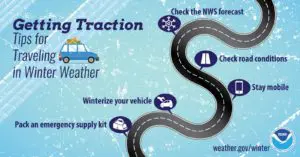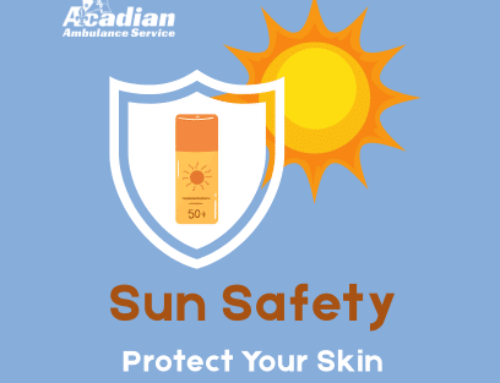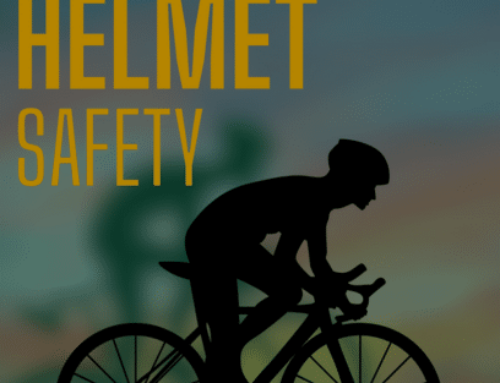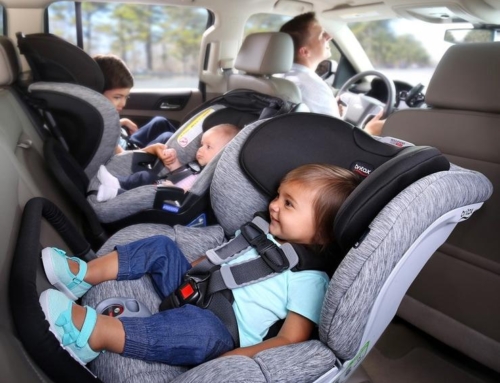Winter can wreak havoc on health, and can be dangerous at home or on the road. Follow these safety tips to help keep you and your family safe.

- Wear layers of lightweight clothing to stay warm. Gloves and a hat will help prevent losing your body heat. (Red Cross)
- Cold weather puts an extra strain on the heart. If you have heart disease or high blood pressure, follow your doctor’s advice about shoveling snow or performing other hard work in the cold. Otherwise, if you have to do heavy outdoor chores, dress warmly and work slowly. (CDC)
- Get your flu vaccination. (CDC)
- Try to avoid close contact with sick people. If you do get sick, limit contact with others as much as possible to keep from infecting them. Wash your hands often with soap and water. If soap and water are not available, use an alcohol-based hand rub. Also, clean and disinfect surfaces and objects that may be contaminated with germs like the flu. (CDC)
- Avoid touching your eyes, nose or mouth to avoid spreading germs. Cover your mouth and nose with a tissue when you cough or sneeze. (CDC)
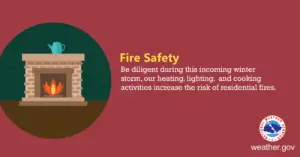
- If you are using a space heater, remember the three feet rule. Place it on a level, hard surface and keep anything flammable at least three feet away – including furniture, paper, clothing, bedding, curtains or rugs. (Red Cross)
- Turn off space heaters and make sure fireplace embers are out before leaving the room or going to bed. (Red Cross)
- Inspect space heaters for cracked or broken plugs or loose connections before each use. If frayed, worn or damaged, do not use the heater. (ESFI)
- Never leave a space heater unattended. Turn it off when you’re leaving a room or going to sleep, and don’t let pets or children play too close to a space heater. (ESFI)
- Plug space heaters directly into a wall outlet. Do not use an extension cord or power strip, which could overheat and result in a fire. Do not plug any other electrical devices into the same outlet as the heater. (ESFI)
- Check your smoke and CO detectors and replace batteries if needed. The danger of CO poisoning is greater in the winter, when doors and windows stay closed, and fireplaces and gas heaters are in use. (National Weather Service)
- Use a glass or metal fireplace screen large enough to catch sparks and rolling logs. (Red Cross)
- Don’t use your kitchen stove or oven to heat your home. (Red Cross)
- Never operate a generator inside the home, including in the basement or garage. (Red Cross)
- Don’t hook a generator up to the home’s wiring. The safest thing to do is to connect the equipment you want to power directly to the outlets on the generator. (Red Cross)
Traveling
- Winterize your car before driving in cold conditions: check your battery, get the alternator and your tires checked, and get your antifreeze filled so you can maintain safety on the road. (WTVM)
- Keep your gas tank at least half full to avoid gas line freeze-up. (AAA)
- If possible, avoid using your parking brake in cold, rainy and snowy weather. (AAA)
- Do not use cruise control when driving on any slippery surface (wet, ice, sand). (AAA)
- Always look and steer where you want to go. (AAA)
- Use your seat belt every time you get into your vehicle. (AAA)
- Accelerate and decelerate slowly. Applying the gas slowly to accelerate is the best method for regaining traction and avoiding skids. Don’t try to get moving in a hurry. And take time to slow down for a stoplight. It takes longer to slow down on icy roads. (AAA)

